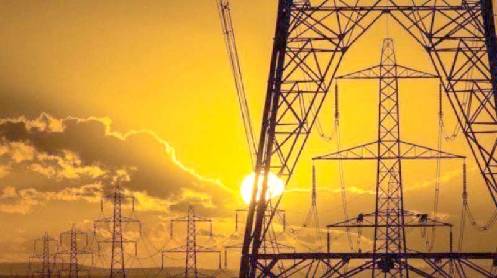Islamabad: The K-Electric (KE) management on Tuesday requested the power-sector regulator to fix a separate electricity generation tariff for its plants while keeping in view the central economic dispatch and for better visibility and transparency.
The National Electric Power Regulatory Authority (Nepra) conducted a public hearing of a generation tariff petition filed by KE. Nepra Chairman Tauseef H Farooqi remarked that the regulator’s aim was to ensure uniformity in the power sector by putting in place an assessment system for all licensees including KE.
KE requested for a separate plant-wise tariff, primarily aligned with Nepra’s practices. It filed for separate tariffs for each of its six plants, all of which could run on dual fuel except for SITE and Korangi Gas Turbine Power Stations.
The private power utility is currently operating under a Multi-Year Tariff (MYT) regime, which will continue by the end of current fiscal year.
Talking to The Express Tribune, a KE spokesperson stated “our tariff request is set to be comparable with other generation plants in the country, as the market is shifting towards liberalisation and centralised dispatch of electricity.”
“Before we can make a fair comparison, it is important that we have consistency in policies. Not only does our current request align us with industry norms, but it also gives our stakeholders greater visibility, transparency, and flexibility in moving ahead to new frontiers.”
When Nepra asked KE whether its requested tariff on a “take-or-pay” basis was justified or not, company CFO Aamir Ghaziani responded that its request was based on a two-tariff structure under which the capacity purchase price would be based on take-or-pay basis while the energy purchase price would be based on net electric output.
He shared that the take-or-pay structure was inevitable to ensure the recovery of fixed costs as well as ensure the availability of plants at reasonable returns.
Replying to a question, Ghaziani said KE had not asked for all of its plants to be always on must run instead it requested that if any agreement for supply of RLNG was entered into with the condition of minimum offtake, those plants should be allowed as a must run up to the extent of minimum offtake.
To a question regarding its past performance, the CFO elaborated that if the company was not privatised, its tariff could have gone as high as Rs80 per unit.
He claimed that KE had made a significant turnaround in its operational performance and reduced transmission and distribution losses from almost 40% to 15%.
At the hearing, Karachi-based industrialist Rehan Javed highlighted that industries in the city were severely impacted due to higher fuel charges adjustments (FCAs), which were mainly because of insufficient supply of natural gas to KE.
He said that regardless of how much efficient the power plants were, if the fuel was expensive, the cost of electricity would always remain high. He requested Nepra chairman to help address the non-supply of natural gas to KE.






